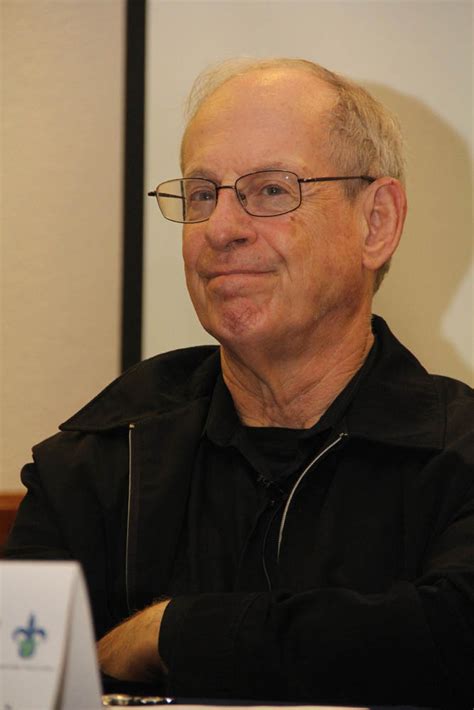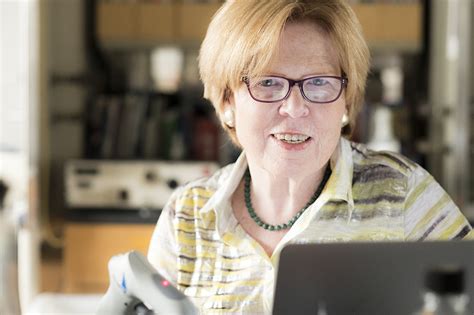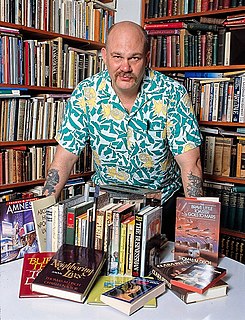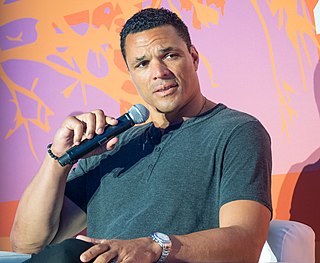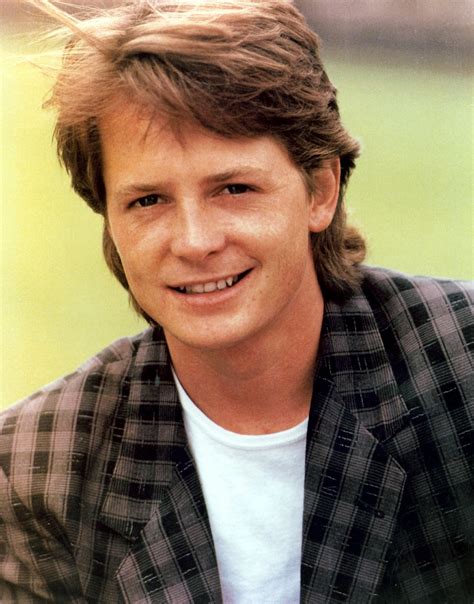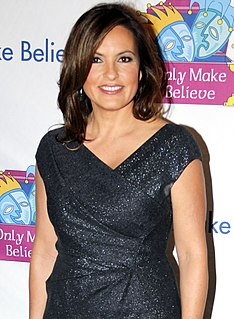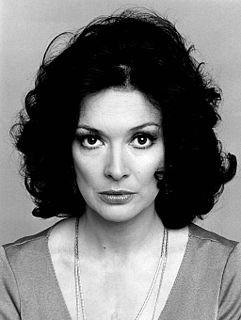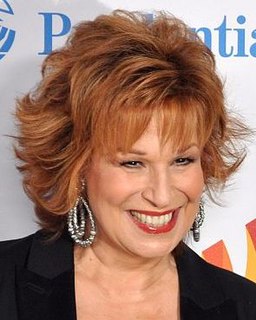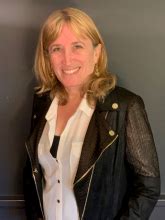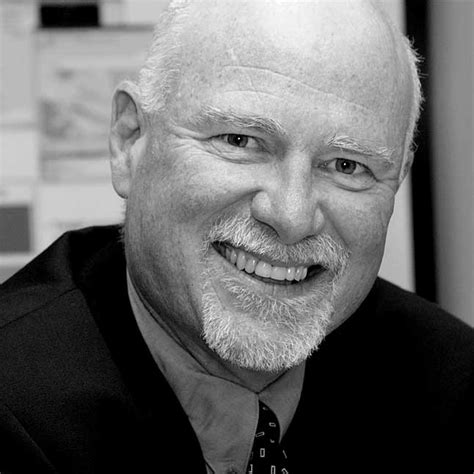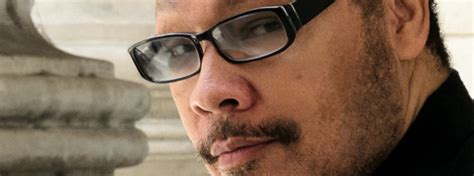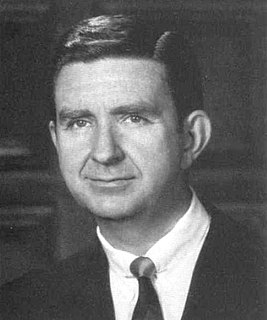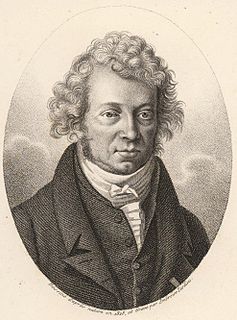Top 1200 Learning To Read Quotes & Sayings
Explore popular Learning To Read quotes.
Last updated on September 20, 2024.
There is first the problem of acquiring content, which is learning. There is another problem of acquiring learning skills, which is not merely learning, but learning to learn, not velocity, but acceleration. Learning to learn is one of the great inventions of living things. It is tremendously important. It makes evolution, biological as well as social, go faster. And it involves the development of the individual.
I had learning problems when I was in elementary school, and didn't really start to read well until high school. I never read any of the middle grade classics that were popular when I was young - 'Harriet the Spy', 'Charlotte's Web', 'The Witch of Blackbird Pond', 'Charlie and the Chocolate Factory'.
Life consists in learning to live on one's own, spontaneous, freewheeling: to do this one must recognize what is one's own-be familiar and at home with oneself. This means basically learning who one is, and learning what one has to offer to the contemporary world, and then learning how to make that offering valid.
I read everything. I'll read a John Grisham novel, I'll sit and read a whole book of poems by Maya Angelou, or I'll just read some Mary Oliver - this is a book that was given to me for Christmas. No particular genre. And I read in French, and I read in German, and I read in English. I love to see how other people use language.
Yes. I did more research than I ever wanted to and saw some things I wish I didn't. I went on ride-alongs, spent time with Homicide, Cold Case, and SVU detectives, hung out in subways learning how to spot pervs and pick-pockets, viewed an autopsy, went to a police firing range, and witnessed court cases and I read, read, read.
It's really hard to teach me anything. I can't read music. I never learned how to read music. I read books about things and try to learn - I don't like to learn from anybody. Later on I would, once I'd get the hang of things. Like I ride horses, I'm good at that, Western riding. I learned all about it reading and studying. I'm always learning about horses, I like that.
Learning to read and write makes little sense if you don't understand what you're reading and writing about. While we may have forgotten, most of our early learning came not from being explicitly taught but from experiencing. Kids aren't born knowing hard and soft, sweet and sour, red and green. When the child experiences those things, s/he transforms them into psychological understandings. When kids play with other kids, they learn about others and about themselves. Learning the basics of our physical and social reality is what early childhood is all about.
I would argue that education, actual learning - it is hard work. It's very personal. Your parents don't teach you anything. Your teachers don't teach you anything. The government doesn't teach you anything. You read it. You don't understand it; you read it again. You break a pencil and read it again.
I know of no other practise which will make one more attractive in conversation than to be well-read in a variety of subjects. There is a great potential within each of us to go on learning. Regardless of our age, unless there be serious illness, we can read, study, drink in the writings of wonderful men and women. It is never too late to learn.
Experts generally agree that taking all opportunities to read books and other material aloud to children is the best preparation for their learning to read. The pleasures of being read to are far more likely to strengthen a child's desire to learn to read than are repetitions of sounds, alphabet drills, and deciphering uninteresting words.
I have lexical-gustatory synesthesia. I can taste, and always have tasted, words. I remember when I was a kid and learning to read I mentioned to my mom that certain words I was learning tasted certain ways, thinking everyone was like that, and didn't understand why she didn't get what I was saying.
Learning is not automatic. You do not automatically know how to read because you turn five. Most of us are sensitive to the fact that we still have something to learn at every step of the way. Learning is not automatic. It comes with seeking and searching, with reading and watching, with thinking, praying, and listening.

